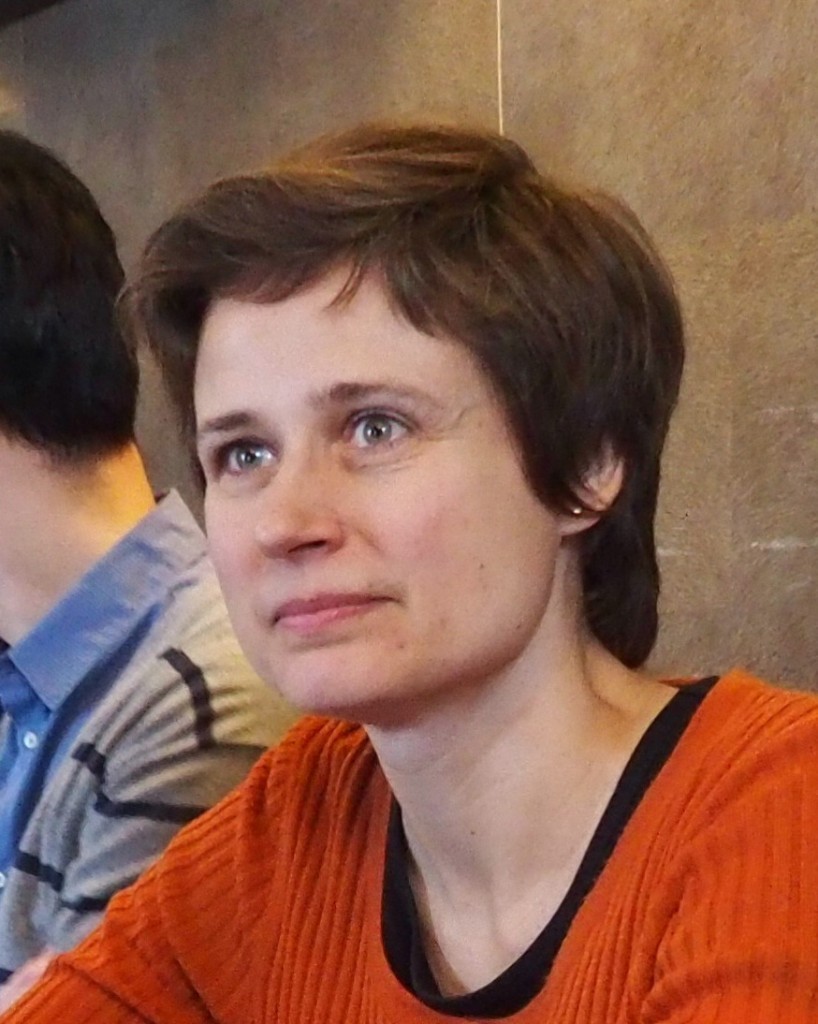-
0 comments
The European Internet Services Providers Association (EuroISPA) considers President Jean-Claude Juncker’s program and the new structure of the European Commission a positive step towards the acknowledgement of the importance of European ‘digital policy’ and the sectors contribution to the growth of European economy.
While we are looking with great interest in the European Commission’s new upcoming initiative on the Digital Single Market strategy, we hope that it will offer a new way to address single market failures that ensure legal certainty for businesses in Europe, while avoiding the temptation previously felt to begin a series of overlapping initiatives.
Considering copyright being part of the overarching digital strategy, we would like to reiterate the need for a legal framework better reflecting innovation potentials, new business models and consumer-driven approach emerging in the market in order to fully embrace the digital revolution. Therefore we would like to emphasise the need for uniform application of exceptions and limitation in Europe, with recognition of linking and browsing as part of everyday internet practice. At the same time our association would also like to see a legal framework stopping restrictive commercial practices (licensing and others) deriving from the old-fashioned analogue industry.
In this respect our Members see worrying developments in some of the Member States in which attempts to introduce levies transfer revenue from one sector to another, through measures such as a private copy levy, cloud levy, or a broadcasting levy. EuroISPA opposes the idea of increased taxes and levies imposed specifically upon telecom operators or information society services, and is of the opinion that any need for additional State revenues should be met through general taxation, applied equally to all undertakings and corporations.
With regard to audiovisual media services EuroISPA is of the opinion that the current Directive provides an appropriate legal framework. For the moment there’s no evidence of market distortion given the convergence of media, and public opinion appears to continue to support stricter content regulation for television and equivalent “TV-like” services than for general Internet content. Thus the distinction between linear and non-linear services is still valid as it’s based on “the much higher degree of consumer control in on-demand services, justifying less stringent regulation in certain areas”. However in case of any upcoming initiative EuroISPA would like to emphasizes the need to achieve a true Digital Single Market allowing for new and innovative distribution of content online for the benefit of consumers. EuroISPA also stresses the need to respect the principle of editorial responsibility, and country of origin under the current AVMS Directive.
Finally, with regard to the E-Commerce Directive EuroISPA is of the opinion that it offers a well balanced and future-proof framework. The principles for the protection of intermediaries laid down in Articles 12 to 15 proved to be the cornerstones for the development of the ICT industry in Europe. Therefore, they should be preserved. Without being overly prescriptive, the provisions in question serve to provide a secure and predictable legal base for our industries to connect European citizens to the Internet and other electronic communication platforms. Any interference in this delicate balance will bring with it an increase of burdens for legitimate commerce, creating a negative impact on innovation, distorting competition and undermining consumers’ fundamental rights to privacy and free flow of information.
At the same time, given the different implementation of the certain provisions at national level EuroISPA would welcome some guidelines/clarifications from the Commission on how notice-and-action by hosting providers should be implemented and interpreted by public authorities and courts nationally, for example setting out minimum requirements for notices alleging illegal content.
We note that should the rights of end users be extended to grant a contradictory procedure in Notice & Action, it will be necessary to provide further legislative protection so as to avoid the service provider being held liable for content which they are legally compelled to carry.
Oliver Süme
President of EuroISPA
